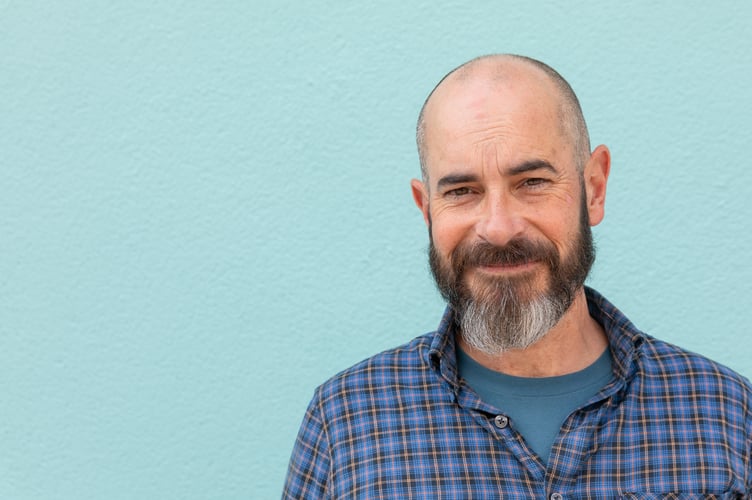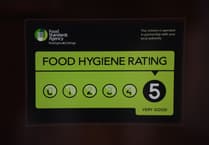A NEWQUAY business group is joining a nationwide call for urgent action on an “unfair” tax burden for hospitality businesses.
Newquay BID is backing the newly launched Taxed Out campaign from Hospitality UK, which is calling for change to the way VAT and other taxes impact hospitality businesses.
The initiative is demanding government action to prevent further closures and job losses across the hospitality sector due to the “immense pressure” it is facing.
The campaign calls for a reduction in business rates, a fairer fix for national insurance contributions, a cut in VAT for hospitality and the reversal of the employer national insurance increase introduced by Rachel Reeves’ recent budget
Mark Warren, the Newquay BID manager, has written to Newquay MP Noah Law and is working with other BIDs across Cornwall to raise the issue collectively.
A spokesperson for Newquay BID said: “With the tourism sector already under immense pressure, Newquay BID is backing the call for urgent change.
“For many family-run restaurants, cafés, and bars, the current 20 per cent VAT rate on food sales is a significant barrier to survival. Unlike supermarkets, which pay no VAT on food, hospitality businesses are forced to charge higher prices making it harder to compete and putting further strain on both business owners and customers.
“In a tourism town like Newquay, businesses depend on a strong summer to cover the costs of operating throughout the winter.
“Supermarkets sell food VAT-free, while local cafés and restaurants must add 20 per cent, making them appear more expensive despite higher operating costs.
“The government speaks about supporting vibrant town centres, but this tax policy undermines those very businesses, putting livelihoods at risk.
“Here in Newquay, BID has already been contacted by several businesses who have raised these concerns. These voices are being represented both locally and nationally to ensure the issue is not ignored.
“Newquay BID is also engaging with fellow Cornish BIDs to work collaboratively on raising awareness and strengthening the collective call to government. In addition, the campaign is being championed at a national level by British BIDs, ensuring the concerns of hospitality businesses are heard across the UK.”

Mark Warren, the Newquay BID manager, has been speaking with high street businesses about the campaign. Several local businesses have also expressed willingness to share their experiences in interviews to highlight the scale of the problem.
Newquay BID and others will be meeting with Mr Law MP to “keep the momentum going.” The MP has previously raised the issue of the VAT threshold in a written parliamentary question to the then exchequer secretary James Murray MP.
The session will bring together business owners to share their experiences directly and explore ways of driving the issue forward at central government level.
Mr Warren said: "We have some of the most resilient, hardworking businesses in the country right here in Newquay. Many are family-run and are open all year round.
“But this 20 per cent tax is crippling. It’s not sustainable to expect hospitality to carry this burden while supermarkets remain exempt. If nothing changes, we will sadly see more businesses forced to close their doors. "The government cannot ignore this any longer. If we want thriving town centres and year-round tourism, the playing field must be levelled. Without reform, many businesses will simply not survive.
"This is about standing together as an industry to make sure the voices of hospitality businesses are heard. Reversing these decisions would help protect jobs and safeguard many businesses already under pressure.”
Keren Cooksey, Falmouth BID manager added: “Falmouth, like Newquay, relies heavily on a vibrant hospitality sector to support both residents and visitors year-round. Our independent cafés, bars, and restaurants are at the heart of our high streets here in Cornwall, yet they face an unfair tax burden that threatens their survival. Without change, we risk losing the very businesses that make our towns vibrant and distinctive.”
.jpeg?width=752&height=500&crop=752:500)




Comments
This article has no comments yet. Be the first to leave a comment.